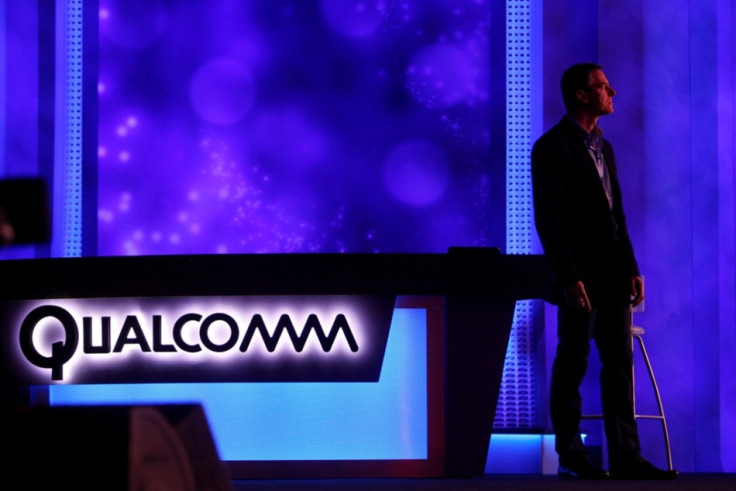Qualcomm's China Growth Threatened By NDRC Antitrust Probe

Qualcomm, the world's biggest maker of cellphone chips, has revealed that it is under investigation by Chinese regulators for potential violation of an anti-monopoly law in China, the world's largest mobile phone market.
The US chipmaker said on 25 November it was not aware of any antitrust violations but would cooperate with the investigation by China's National Development and Reform Commission (NDRC).
The NDRC, China's top economic planning body that regulates prices, did not reveal as to why Qualcomm was being probed, the company added.
Qualcomm's stock finished 0.64% lower to $72.49 in New York. The stock has gained some 17% so far this year.
China accounted for 49% of the US firm's revenue during the fiscal year to September.
The company expects additional royalty revenue when China's largest cellphone carrier, China Mobile, upgrades to high-speed networks in 2014 using Qualcomm technology.
However, some analysts said China's antitrust investigation could be an attempt to influence royalty negotiations with Qualcomm, ahead of the expected rollout of 4G wireless infrastructure by China Mobile.
Analysts also said the probe could be Beijing's way of supporting domestic competitors.
Earlier in the year, organisations linked to the Chinese government invested about $3bn to acquire local mobile chipmakers Spreadtrum Communications and RDA Microelectronics.
The Chinese government appears to be pushing for local technology suppliers, Evercore Partners analyst Mark McKechnie told Reuters.
Raymond James analyst Tavis McCourt said in a note to clients: "We suspect this investigation is related to the forthcoming launch of TD-LTE by China Mobile in early 2014 and the negotiations on chip pricing and license pricing between Qualcomm and Chinese-based handset (manufacturers) that are likely occurring right now," McCourt wrote in an note to clients.
Snowden Disclosures
Beijing could ask domestic firms to reduce their dependency on US products as it starts to doubt the security of information on American systems.
The US NSA spying scandal could cost US companies $35bn worth of sales over the next two years, according to Washington-based policy research group Information Technology & Innovation Foundation.
Leading technology companies such as IBM and Cisco have already reported a drop in sales to China.
Technology is the leading edge of the American economy, which was driven by exports during the recession. Any problems faced by the tech sector could potentially spill over into the other sectors, impacting exports and the US economic recovery.
China Infant Formula
In August, the NDRC issued record fines of 670m yuan to six baby formula companies following an anti-trust probe.
The NDRC fined Biostime, Mead Johnson, Dumex, Abbott, Friesland and Fonterra.
In the probe into these companies initiated in March, the NDRC found the formula producers set minimum resale prices for distributors. The distributors who sold their products at a price lower than the fixed minimum price were punished.
© Copyright IBTimes 2025. All rights reserved.






















